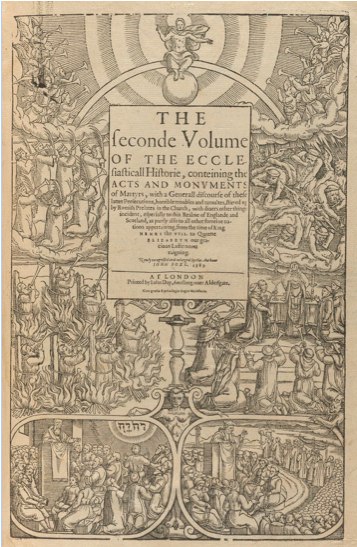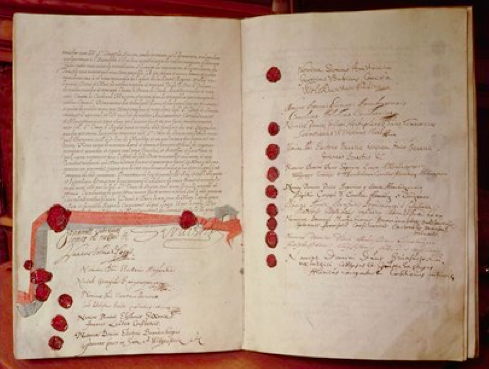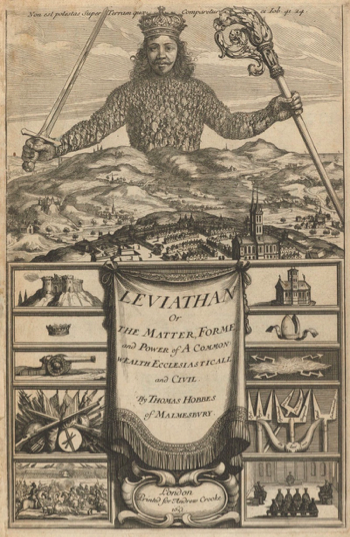The election of a man with no political experience that won the hearts and minds of many in America by loudly proclaiming what for years the political Right has been saying has been denied them by PC culture: the ability to say out loud that religious minorities, blacks, women, gays and transgender folk, non-white immigrants, non-white citizens, feminists, fatties, and uglies have gotten too uppity and comfortable and need to be reminded of their place; that we represent the limit to the America dream (and not the forms of economic dispossession that enable the .1% to hold onto obscene amounts of wealth and resources). There is a firm belief that the ills of society are caused by the barbarians that have infected America from within and the barbarians that remain at the gate waiting to take from us what ours. In this configuration, I have been rendered the barbarian (though I have been before, as many of us have): I am a Muslim-born, middle eastern immigrant, a divorced childless middle-aged feminist with a doctorate in the Humanities. I am now the intersection of the axes of the new barbarian explicitly articulated by the Trump campaign.
In this moment of wild political uncertainty in the United States and as a barbarian myself, I am immensely grateful to be able to teach Coetzee’s Waiting for the Barbarians, a text written in apartheid South Africa. Coetzee was eight years old when apartheid was formally instituted in 1948, and witnessed the emergence of the 1950 Population Registration Act, which registered and classified all South Africans racially into one of three categories, “white”, “black”, or “colored”, the latter which included mix-raced as well as Indian and Asian individuals. It should be noted that these distinctions were based on appearance, often dividing members of the same biological family into different racial categories. Thus, Coetzee’s ability to describe and deconstruct patterns of institutional separation and quotidian and routinized cruelties against an “other” is informed in no small part by having lived the dystopian reality of apartheid South Africa, the institutional organizational of which was largely influenced by a real-life white fraternal conspiracy called the Broederbond. It is not insignificant that Coetzee was born to Afrikaner parents and, while he openly resisted Apartheid, nonetheless was a privileged member of South African society: In this book, he beautifully relays the subtle truths about privilege and its many losses.
* * *
Waiting for the Barbarians is a mapping of colonial relationships, a philosophical challenge to the cruelties of civilization hidden behind paranoid invocations of the “other”, and a cautionary tale of privilege as itself a momentous loss.
The text is an exquisite breakdown of how the other, in this case the barbarian, is a construction informed largely by paranoia and projection. Early on in the narrative, we learn that Colonel Joll’s soldiers capture a dozen local fisherman for no other reason than they were hiding, a fact that the Magistrate characterizes as “[t]he reasoning of the policeman” (18). This reasoning to which he points is, of course, circular: The distrust of the policeman for the “other” renders any act by this “other” ipso facto suspicious. By definition, there is no benefit of the doubt for the barbarian, the truth of which justifies the expansion of the security apparatus of the empire at every turn.
Moreover, the conditions which produce “the barbarian” are the conditions mandated by the empire itself. These nomads, now prisoners, are forced into a small space in the yard, using a corner as a latrine, entirely limited in their movement to the enclosed area and fully dependent on the care of those who imprison them. Then — and here’s the kicker — the locals begin to complain about these “barbarians” because they are intrusive: “[t]he filth, the smell, the noise of quarrelling and coughing become too much….A rumour begins to go the rounds that they are diseased, that they will bring an epidemic to the town….the kitchen staff refuse them utensils and begin to toss them their food from the doorway as if they were indeed animals” (20). The other as lazy, as violent, as uncouth is a fact made of the institutions of power, not merely adjudicated by them.
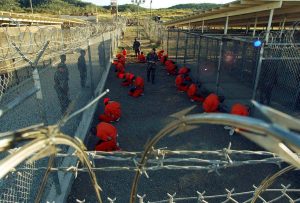
Detainees in orange jumpsuits sit in a holding area at Camp X-Ray of Naval Base Guantanamo Bay (January 11, 2002). Image via Reuters File.
Thus what this scene does is reveal to the reader the patterns of subjugation, and it seems to take a mere three steps: (1) Those invested with power are taught to distrust them and imprison them because they are others/“barbarians.” (2) They impose conditions which are vile and inhuman, and limit their scope of life to satiation of immediate biological needs, and thereafter (3) justify their prejudices and the exclusion of the barbarian/other with reference to the filth and their “animal behaviors” of the other as proof of natural differences. Thus, in this scene we see the use paranoia and fear as a justification for dispossession, and dispossession as key to the maintenance of institutions of power and control. Of course, in case we missed this lesson the first time in the text, this process is repeated when the Magistrate is imprisoned (e.g., 80, 84) showing how the process of dehumanization is the one stable in the functioning of power, and where we can most clearly apprehend the vicissitudes of privilege.
The book reveals that privilege blinds one to the obvious, a sentiment eloquently expressed by a thought attributed to the Magistrate: “There has been something staring me in the face, and still I do not see it” (155). When he is imprisoned and denigrated, the magistrate is surprised, taken unawares, even as he has watched so many suffer before him: “’Why me?’ Never has there been anyone so confused and innocent of the world as I. A veritable baby!” (94). He continues a few lines later:
Deliberately I bring to mind images of innocents I have known: the boy lying naked in the lamplight with his hands pressed to his groins, the barbarian prisoners squatting in the dust, shading their eyes, waiting for whatever is to come next. Why should it be inconceivable that the behemoth that trampled them will trample me too? (94)
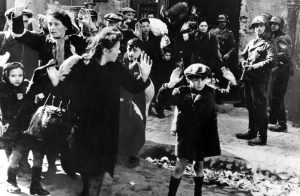
Operations in the Warsaw Ghetto in April and May of 1943 to empty the Ghetto and deport its remaining holdouts — men, women and children. Image via the New York Times.
This perfectly encompasses the main lesson of the novel: If routine forms of cruelty can be used against “others”, you cannot be surprised when that same law and order comes to oppress you as its other. Moreover, just as you once believed the law was just even in its violence, you cannot be surprised to find yourself alone when you desperately need the protection of others (as they needed yours). And yet, we will be surprised. The truth of privilege is both that one is blind to the injustices hiding behind the letter of the law, and caught alone the moment when the law reveals its irrationality.
The final lesson is that we need the protection of others. In his own process of being othered — through denial in prison, through torture, through ritualized humiliations that conscript the townsfolk into the process of punishment and dehumanization — the Magistrate finds himself alone, wishing he had come to know his townsfolk better and to know if they, like he, detested the things unfolding around them since the arrival of the men of the capital. Observing the cruelty he fantasizes about the kinds of people that may surround him but which he does not know, people who are as bothered by the sound of the suffering inflicted on others around them: “If comrades like these exist, what a pity I do not know them” (104). Solidarity is a cornerstone of political protection, the Magistrate comes to realize at the moment when he is already taboo. Privilege will always be a loss at the moment in which the law turns from its false promise of protection to a mechanism of cruelty, punishment, and dispossession.
* * *

Japanese-American child with family belongings en route to California internment camp (Spring 1942). Image via U.S. National Archives and Records Administration.
What the book does not let us forget is that the force of law, while real, and routinely exercised to dispossess the already vulnerable, is nonetheless localized, limited, and ultimately, fragmentary. In a political world where racism is proclaimed openly, where acts of violence are following the new empowerment of hate in America, where it is unclear what laws will be enforced and against whom in the months and years to come (not to mention the laws to passed and undone), we must remember once and repeat to ourselves daily what our own UC Irvine Comparative Literature Professor Etienne Balibar says in Politics and the Other Scene: “[t]here is autonomy of politics only to the extent that subjects are the source and ultimate reference of emancipation for each other” (10). Let us take this seriously and remember that we are the source of support and liberation for one another. We can no longer assume a caring state will help the dispossessed, that the law answers the distress of the victim of hate and violence, that the person terrorized in front of you will be saved by someone else, that calling the police will end in what you would call justice. The fact we did for so long in the face of testimony by those subjected to the cruelty of the state betrays the extent that we are also under the spell of disavowal that marks the existence of the Magistrate until he becomes “othered” (see for example, here, here, here, here, here, here, here, here, here, and here).
Works Cited
Étienne Balibar, Politics and the Other Scene, trans. Christine Jones, James Swenson and Chris Turner (London: Verso, 2002).
J.M. Coetzee, Waiting for the Barbarians (New York: Penguin Books, 1980).
 Sharareh Frouzesh is a seminar leader in the Humanities Core Program at UC Irvine, where she received her PhD in Comparative Literature. Her research focuses on identity formation and the privileging of particular identities through an exploration of the concept of guilt. Her interdisciplinary work engages with 20th and 21st century Iranian and Iranian-American Literature, postcolonial Anglophone and World Literatures, as well as literary theory, political philosophy, and postcolonial, critical, psychoanalytic, and feminist theories.
Sharareh Frouzesh is a seminar leader in the Humanities Core Program at UC Irvine, where she received her PhD in Comparative Literature. Her research focuses on identity formation and the privileging of particular identities through an exploration of the concept of guilt. Her interdisciplinary work engages with 20th and 21st century Iranian and Iranian-American Literature, postcolonial Anglophone and World Literatures, as well as literary theory, political philosophy, and postcolonial, critical, psychoanalytic, and feminist theories.
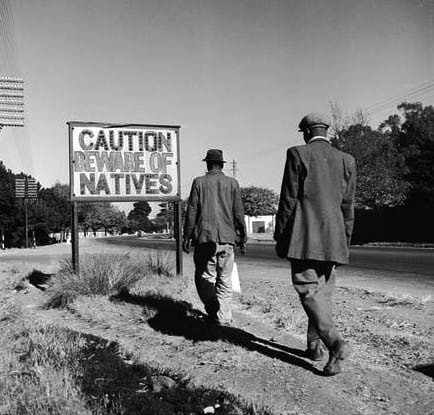
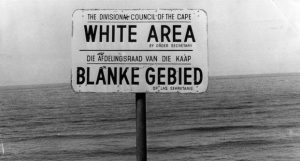
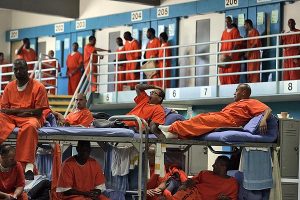

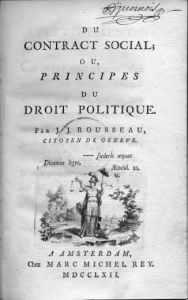
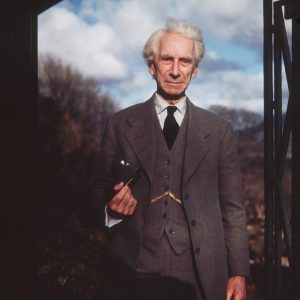

![Hans Ulrich Franck, Der Geharnischte Reiter [Knight in Armor] (1603-75). Etching.](https://sites.uci.edu/humcoreblog/files/2016/10/Screen-Shot-2016-10-26-at-12.36.32-PM.png)

